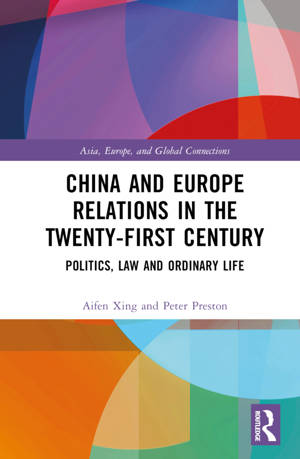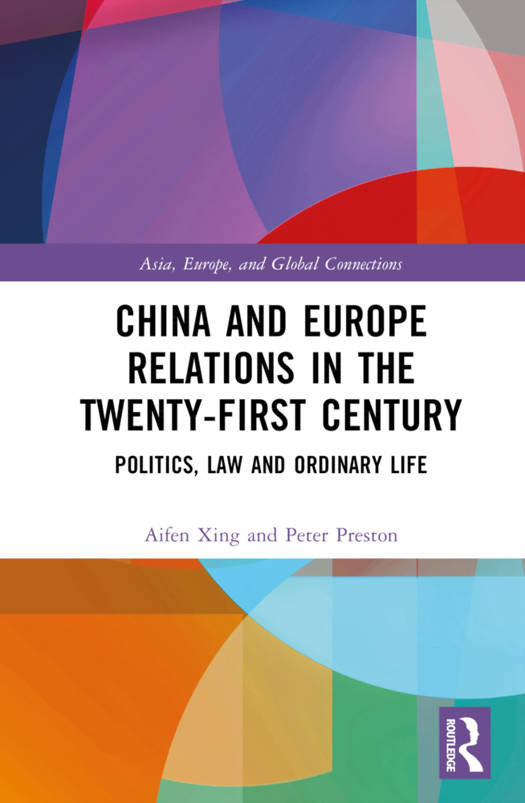
- Retrait gratuit dans votre magasin Club
- 7.000.000 titres dans notre catalogue
- Payer en toute sécurité
- Toujours un magasin près de chez vous
- Retrait gratuit dans votre magasin Club
- 7.000.000 titres dans notre catalogue
- Payer en toute sécurité
- Toujours un magasin près de chez vous
China and Europe Relations in the Twenty-First Century
Politics, Law and Ordinary Life
Aifen Xing, Peter PrestonDescription
This book argues that although relations between China and Europe are strained in many areas, including trade, human rights and views about political systems, nevertheless established linkages, especially when considered in the context of long-term historical linkages, development trajectories and intellectual cultures, offer good prospects for future progressive collaborative exchanges. Approaching the subject in a balanced way, giving equal weight to the perspectives of both sides, the book examines China and Europe's shared experiences of age-old civilizations, of the disorienting effects of the economic, social and political upheavals triggered by the late eighteenth century creation of the modern world, and of the nineteenth and early twentieth centuries era of European empires, warfare and the Cold War. It contends that although China and Europe appear superficially to have followed different paths, with many problems in their relationship resulting, they in fact have a very great deal in common concerning how they have coped with the long shift from ancient civilizations to the modern world of natural-science-based industrial capitalism.
Spécifications
Parties prenantes
- Auteur(s) :
- Editeur:
Contenu
- Nombre de pages :
- 240
- Langue:
- Anglais
- Collection :
Caractéristiques
- EAN:
- 9781032485942
- Date de parution :
- 31-07-23
- Format:
- Livre relié
- Format numérique:
- Genaaid
- Dimensions :
- 156 mm x 234 mm
- Poids :
- 530 g







